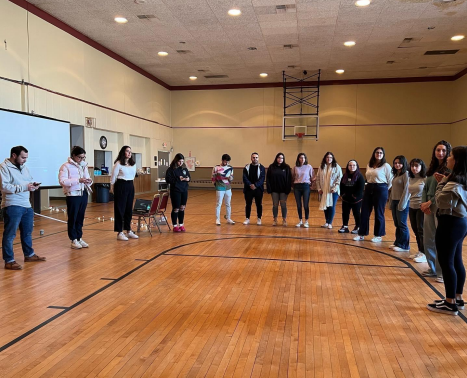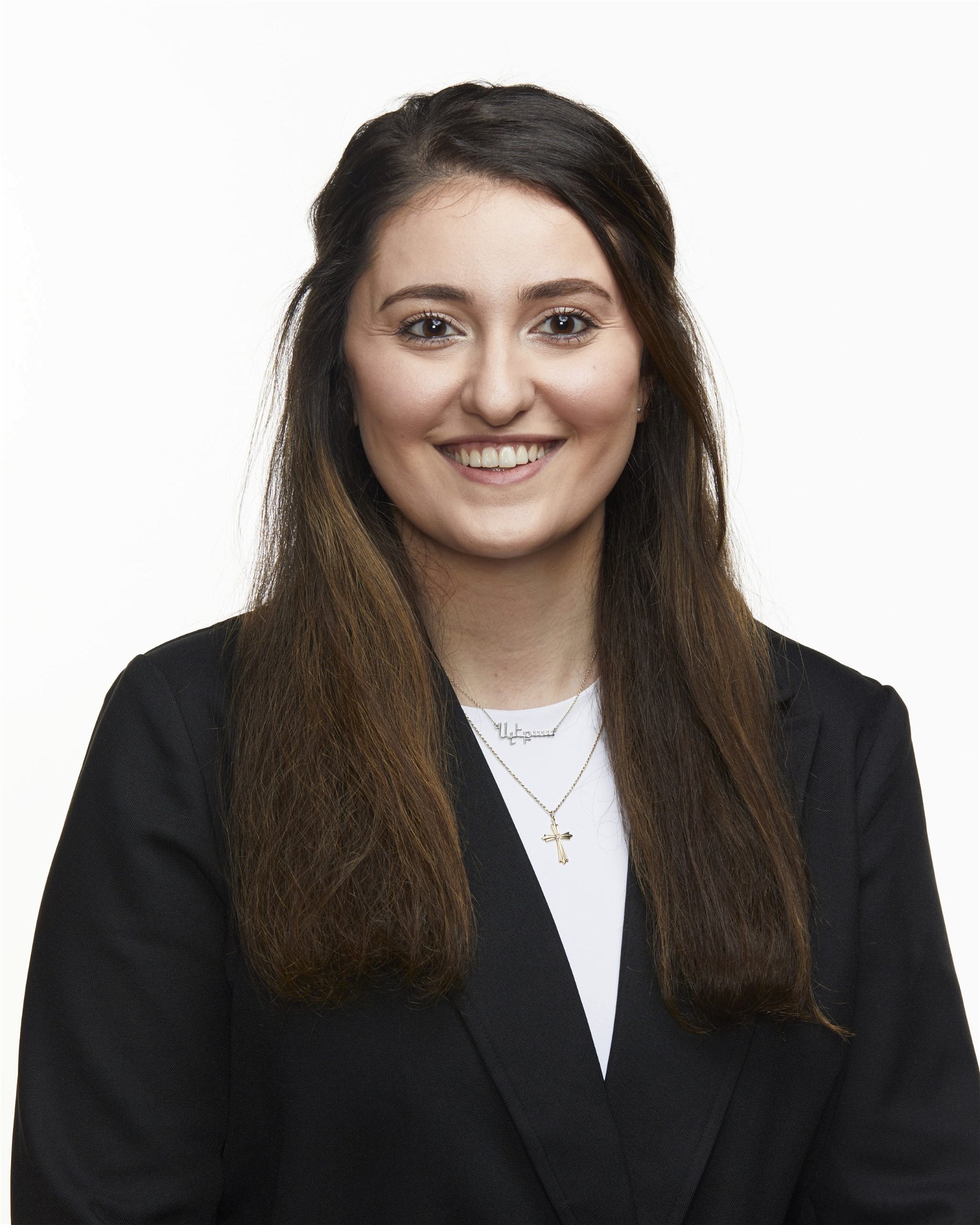
It has now been just over a week since the AYF-YOARF Eastern Region Central Language Council’s first Armenian Language Workshop, arguably one of the most influential AYF events I have ever attended. Although I was born and raised in the United States, my first language was Armenian. Coming from a Persian-Armenian background, it was always instilled in me from my grandparents, parents, aunts and uncles that our language, in order to be kept alive throughout the diaspora, needed to be spoken and heard continuously. As a student in English speaking schools, it became difficult for me to see the need to maintain my Armenian. I began bringing more and more English into household conversations with my family. Atop this, living in a predominantly Western Armenian speaking community, I also didn’t feel encouraged to speak Armenian to other Armenians I encountered, fearing we would not understand one another.
It was not until the passing of my grandparents that I realized my generation would someday become the next in line to influence those after us. My grandparents weren’t around to nudge me to speak Armenian and practice my reading and writing anymore. Now it was up to me to not only motivate and encourage myself but those younger than me as well. So, I started speaking our language every chance I got and encouraging those around me to keep our culture alive through language.
One of the most pivotal moments in my life happened when I went to Armenia for the first time a few years back. When I was walking on the street with my cousins, a lady was trying to walk past us, and I quietly asked my cousin in Armenian to move aside so the passing woman could make her way through. She responded to me and said “thank you”…in Armenian! In the US, we speak Armenian when we are out and about and don’t always want others around us to know what we’re saying, but in Armenia, everyone knows what we are saying at all times. That was a special feeling; I was able to connect with an entire country hundreds of miles from home solely through language. Even though I have no family currently living in Armenia, I had never felt more drawn to a country.
I came back truly understanding the privilege of speaking Armenian, one of the oldest languages in the world. I felt it had connected me to so much more than I had thought a language could. That is why I was so passionate about attending the Armenian Language Workshop. It was an opportunity to shed light on how much this language has done for me and hear the same from others. I felt privileged to be a part of a conversation where we pushed past our previous beliefs, that Armenian should be spoken one way or another, that we weren’t considered fluent speakers unless we were perfect at it. One of my favorite topics of discussion was the difference between Eastern and Western speakers. The group made me feel comfortable bringing to light my lack of confidence in being an Eastern speaker in a Western community; after all, recognition is the first step.
One of the common themes of the workshop is that the Armenian language is ours. It is a beautiful, complex, ancient and significant part of Armenian culture. It was refreshing to hear that no matter the background we come from, we speak one language, our Armenian. We can all continue to improve upon it continuously by speaking, reading or writing. I was so excited to be a part of such an honest and open conversation in a group that felt comfortable sharing all the new ways they were going to continue improving speaking our language.
As a chemist, one of my goals is to learn how to describe my healthcare profession to others in Armenian; it’s a part of my life where I use English almost every time. I also struggle with uppercase letters when reading Armenian. The seminar helped define so many ways to help me improve upon what has been lacking in my Armenian. I pledged to read one page of an Armenian book every night, among many other modalities that were discussed during the seminar. Acknowledgement can allow us to set realistic expectations to improve these shortcomings in order to keep our beautiful language alive and spoken throughout the world, in conversation, in song, in art and any other avenue possible.



Be the first to comment